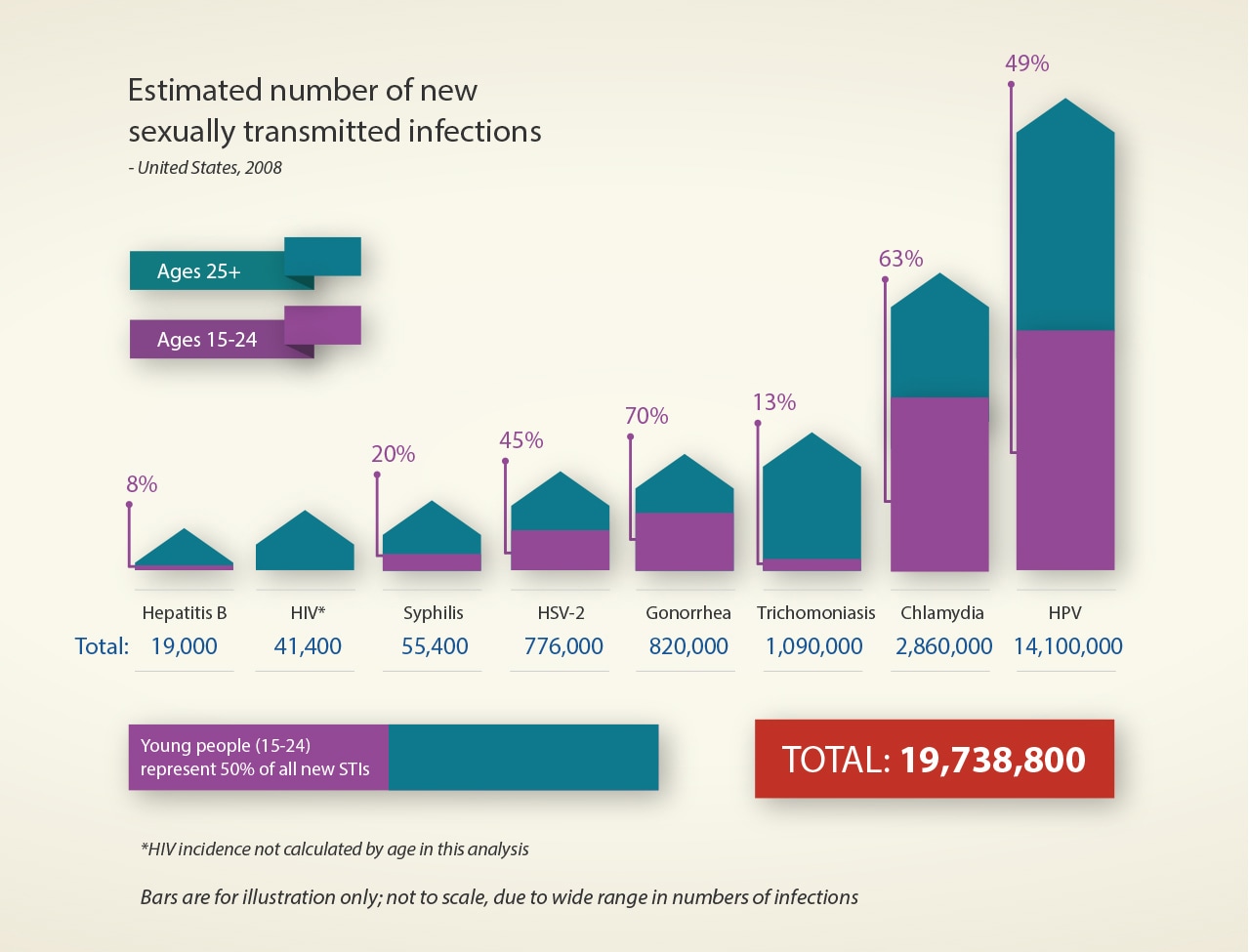|
Find the NCC on Facebook!

The National Chlamydia Coalition is now on Facebook. To follow the NCC, simply visit our page and click the "like" button. Don't forget to share it with your friends and colleagues!
| | |
|
|
|
Dear Colleague,
Welcome to NCC News. This online newsletter was created to keep you up-to-date on all things chlamydia and related areas of interest. We hope you will find it useful and informative. Please feel free to share this with your colleagues who also may find it of use. |
 |
NCC Holds 2013 Annual Meeting
|
The National Chlamydia Coalition's annual meeting was held February 20-21 in Washington, DC. To advance its strategic objecti ve to increase chlamydia screening rates, panel presentations reviewed best practices for working with health plans, leveraging the chlamydia screening HEDIS measure, and building robust partnerships within states. Other aspects of the meeting focused on the dual protection of STIs and unplanned pregnancy, as well as confidentiality for sensitive services and consumer messaging on sexual health topics. NCC committees also met during work sessions to plan projects for 2013 and beyond. To view meeting materials, click here. ve to increase chlamydia screening rates, panel presentations reviewed best practices for working with health plans, leveraging the chlamydia screening HEDIS measure, and building robust partnerships within states. Other aspects of the meeting focused on the dual protection of STIs and unplanned pregnancy, as well as confidentiality for sensitive services and consumer messaging on sexual health topics. NCC committees also met during work sessions to plan projects for 2013 and beyond. To view meeting materials, click here.
|
 |
New Estimates of the Health and Economic Burden of STIs Published
|

Two studies conducted by the Centers for Disease Control and Prevention and recently published in the journal Sexually Transmitted Diseases estimate the health and economic burden of sexually transmitted infections (STI) in the US. The studies found that there were an estimated 19.7 million new infections in the US, and that new STIs cost the US healthcare system $15.6 billion every year. In these estimates, chlamydia alone accounts for $516.7 million per year. The estimates show that STIs continue to be common in the US, with a disproportionate burden among adolescents and young adults. Eight STDs were included in the analysis: chlamydia, gonorrhea, hepatitis B virus (HBV), herpes simplex virus type 2 (HSV-2), HIV, human papillomavirus (HPV), syphilis and trichomoniasis.
|
 | Many Patients with Chlamydia Fail to Receive Recommended Retest |
In the next installment of the Research Translation Committee's Expert Commentary series, Karen Hoover, a medical epidemiologist in CDC's Division of STD Prevention, discusses the findings from her recent study, "Suboptimal Adherence to Repeat Testing  Recommendations for Men and Women with Positive Chlamydia Tests in the United States, 2008-2010," which was published in the journal Clinical Infectious Diseases. Analysis of chlamydia testing data from a large US laboratory corporation found that retesting for chlamydia, as recommended by CDC, was suboptimal. Click here to read more about her findings and intervention recommendations. Recommendations for Men and Women with Positive Chlamydia Tests in the United States, 2008-2010," which was published in the journal Clinical Infectious Diseases. Analysis of chlamydia testing data from a large US laboratory corporation found that retesting for chlamydia, as recommended by CDC, was suboptimal. Click here to read more about her findings and intervention recommendations.
|
 |
Public Health Reports: Understanding Sexual Health
| |
Public Health Reports (PHR) recently published a peer-reviewed  supplement, "Understanding Sexual Health." This issue of PHR explores the science and practical applications of a health promotion framework for sexual health. Guest Editors for the supplement include Dr. John Douglas from CDC's National Center for HIV/AIDS, Viral Hepatitis, STD, and TB Prevention (NCHHSTP) and Dr. Kevin Fenton of Public Health England and former director of NCHHSTP. supplement, "Understanding Sexual Health." This issue of PHR explores the science and practical applications of a health promotion framework for sexual health. Guest Editors for the supplement include Dr. John Douglas from CDC's National Center for HIV/AIDS, Viral Hepatitis, STD, and TB Prevention (NCHHSTP) and Dr. Kevin Fenton of Public Health England and former director of NCHHSTP.
|
 |
Condomology Launched
| |
The American Sexual Health Association, in collaboration with Church & Dwight, has developed a new sexual health resource, Condomology. Condomology was developed to disseminate accurate information about sexual health and contraception, and address many misperceptions that have been perpetuated about condoms and safer sex. The site offers a variety of tools, including videos and infographics that cover how condoms are made, correct use, and a timeline of how condoms have evolved over the centuries.
|
 | New Bill Introduced to Expand Sex Education
| |
Senator Frank Lautenberg (D-NJ) and Representative Ba rbara Lee (D-CA) introduced the Real Education for Healthy Youth Act. The bill would help local schools implement and expand age-appropriate sex education programs that are medically accurate and evidence based, as well as train teachers and educators to effectively educate teenagers to reduce unintended pregnancy and the transmission of STDs. The legislation also expands sex education programs at colleges and universities. For more information, see this fact sheet. rbara Lee (D-CA) introduced the Real Education for Healthy Youth Act. The bill would help local schools implement and expand age-appropriate sex education programs that are medically accurate and evidence based, as well as train teachers and educators to effectively educate teenagers to reduce unintended pregnancy and the transmission of STDs. The legislation also expands sex education programs at colleges and universities. For more information, see this fact sheet.
|
|
|
|
|